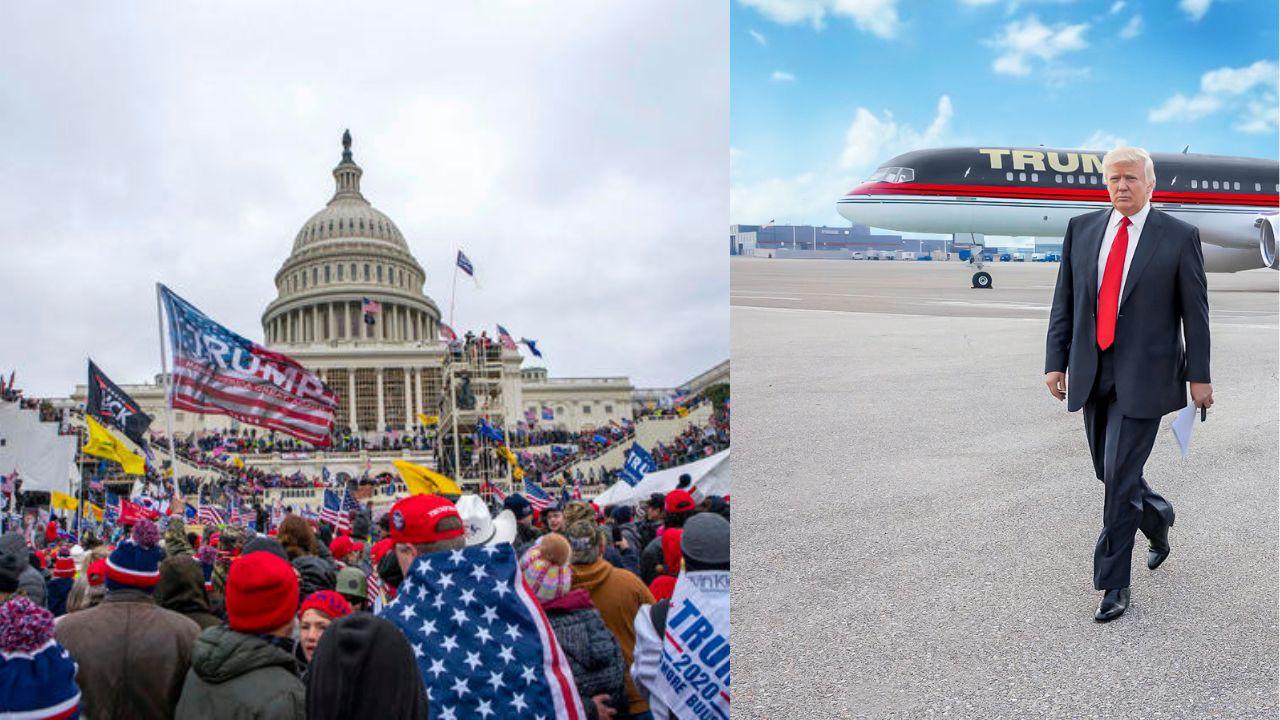On Tuesday, conservative justices of the US Supreme Court displayed doubt regarding an obstruction charge brought by the Justice Department against a Pennsylvania man involved in the 2021 Capitol attack. This case potentially carries implications for the prosecution of Donald Trump for his efforts to overturn the 2020 election outcome. The justices heard arguments in Joseph Fischer’s appeal, challenging a lower court’s decision that denied his attempt to evade a federal charge of corruptly obstructing an official proceeding.
This proceeding pertains to the congressional certification of President Joe Biden’s victory over Trump, which the rioters attempted to prevent on January 6, 2021. Trump, the Republican candidate who contested the Democratic president in the November 5 U.S. election, faces the same charge in a criminal case initiated against him last year by Special Counsel Jack Smith.
The conservative justices, constituting a 6-3 majority, expressed reservations about the decision made by federal prosecutors to utilize an obstruction provision from the 2002 Sarbanes-Oxley Act in Fischer’s case. This law was enacted following the accounting fraud scandal at the now-defunct energy company Enron.
They interrogated U.S. Solicitor General Elizabeth Prelogar regarding the breadth of the law, its proper interpretation, and whether the obstruction charge was warranted given the array of other criminal charges brought against defendants from the January 6 incident.
Conservative Justice Neil Gorsuch expressed concern that a broad interpretation of the law could impinge on non-violent protests, highlighting the severe penalty of up to 20 years in prison for the obstruction charge.
“Would a sit-in disrupting a trial or access to a federal courthouse be considered?” Gorsuch queried Prelogar. “Would a heckler in today’s Supreme Court audience or at the State of the Union address qualify?”
Conservative Chief Justice John Roberts appeared inclined to construe the law narrowly, suggesting it might only apply to defendants who tamper with or destroy evidence—an interpretation Fischer has urged the court to adopt. Fischer stands accused of charging at police guarding a Capitol entrance during the attack. Prosecutors allege that Fischer, then a member of the North Cornwall Township police in Pennsylvania, entered the Capitol and pressed against an officer’s riot shield as police sought to disperse rioters. He remained inside the Capitol for four minutes before being pushed out by police.

